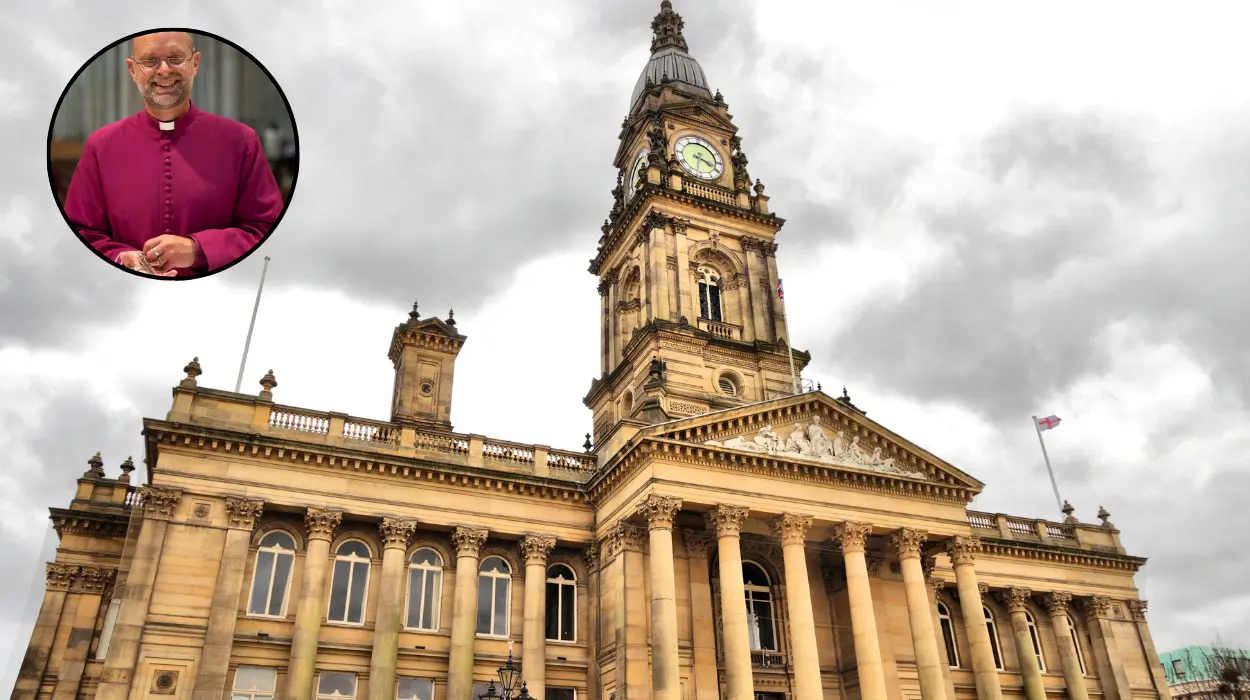Key Points
- Bishop of Bolton, Rt Revd Dr Matthew Porter, shares insights on the importance of family in contemporary society.
- He emphasises the role of families as foundational units for social stability and individual wellbeing.
- Dr Porter discusses challenges faced by families today, including social, economic, and cultural pressures.
- He highlights the Church’s commitment to supporting families through community engagement and pastoral care.
- The Bishop calls for policies that strengthen family bonds and protect vulnerable members.
- He stresses the need for inclusive approaches recognising diverse family structures.
- Dr Porter advocates for education and resources to empower families in nurturing healthy relationships.
What did Bishop Matthew Porter say about the role of families today?
As reported by Rt Revd Dr Matthew Porter, Bishop of Bolton, families remain the cornerstone of society, providing essential support and stability for individuals and communities alike. He articulated that despite evolving social dynamics, the fundamental importance of family as a nurturing environment endures. Dr Porter noted that families contribute significantly to emotional wellbeing, moral development, and social cohesion.
What challenges are families currently facing according to the Bishop?
Dr Porter identified several contemporary challenges impacting families, including economic hardships such as financial insecurity, housing difficulties, and employment instability. Additionally, he pointed to cultural shifts and social fragmentation that can strain family relationships. The Bishop acknowledged that these pressures often lead to increased stress and vulnerability within family units, necessitating targeted support and intervention.
How is the Church of England supporting families in Bolton and beyond?
The Bishop emphasised the Church’s active role in bolstering families through various initiatives. These include community programmes, counselling services, and pastoral care designed to address the specific needs of families. Dr Porter highlighted partnerships with local organisations to provide practical assistance and foster environments where families can thrive. The Church’s commitment extends to advocating for policy measures that reinforce family wellbeing and social justice.
What policies does Bishop Porter advocate for to strengthen families?
According to Dr Porter, effective policies should prioritise the protection and empowerment of families, particularly those facing hardship. He called for comprehensive social support systems, affordable housing, accessible healthcare, and educational opportunities that enhance family stability. Furthermore, he stressed the importance of recognising and supporting diverse family models, ensuring inclusivity in policy frameworks.
Why does Bishop Porter stress inclusivity in family support?
Dr Porter underscored that families today are diverse in form and function, encompassing single-parent households, blended families, and same-sex partnerships among others. He argued that inclusive approaches are essential to address the varied experiences and challenges faced by different family types. By fostering acceptance and understanding, society can better support all families in fulfilling their vital social roles.
What role does education play in Bishop Porter’s vision for families?
Education emerged as a key theme in Dr Porter’s message. He advocated for providing families with resources and knowledge to nurture healthy relationships, emotional resilience, and effective communication. The Bishop suggested that educational programmes, both within and outside the Church, can equip families to navigate challenges and build strong foundations for future generations.
In summary, Rt Revd Dr Matthew Porter, Bishop of Bolton, delivered a comprehensive reflection on the significance of families in modern society. His insights highlighted the enduring value of family units amidst changing social landscapes, the multifaceted challenges they face, and the critical role of the Church and policy in supporting and empowering families. Dr Porter’s call for inclusive, well-resourced, and compassionate approaches offers a blueprint for strengthening families as vital pillars of community and wellbeing.
